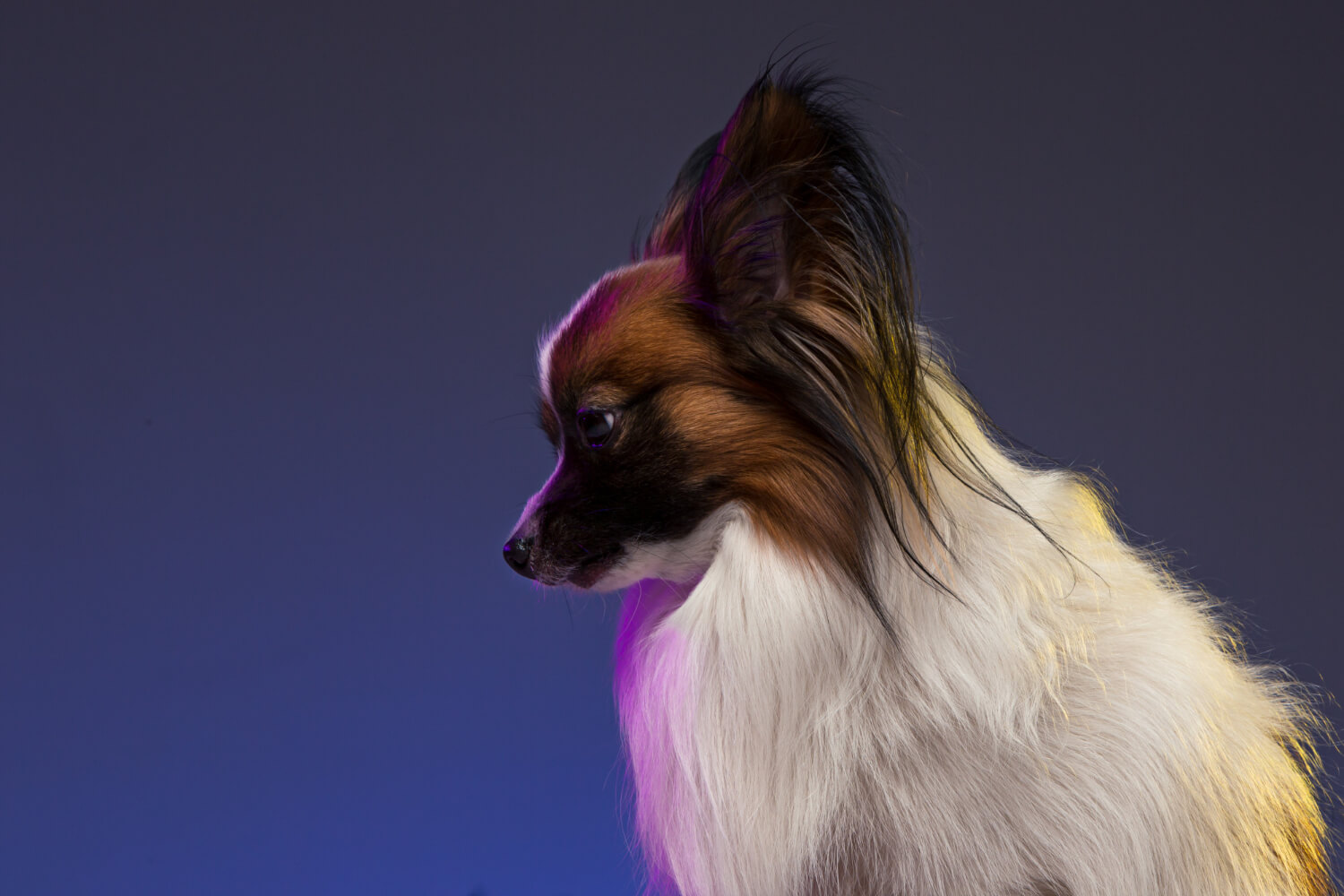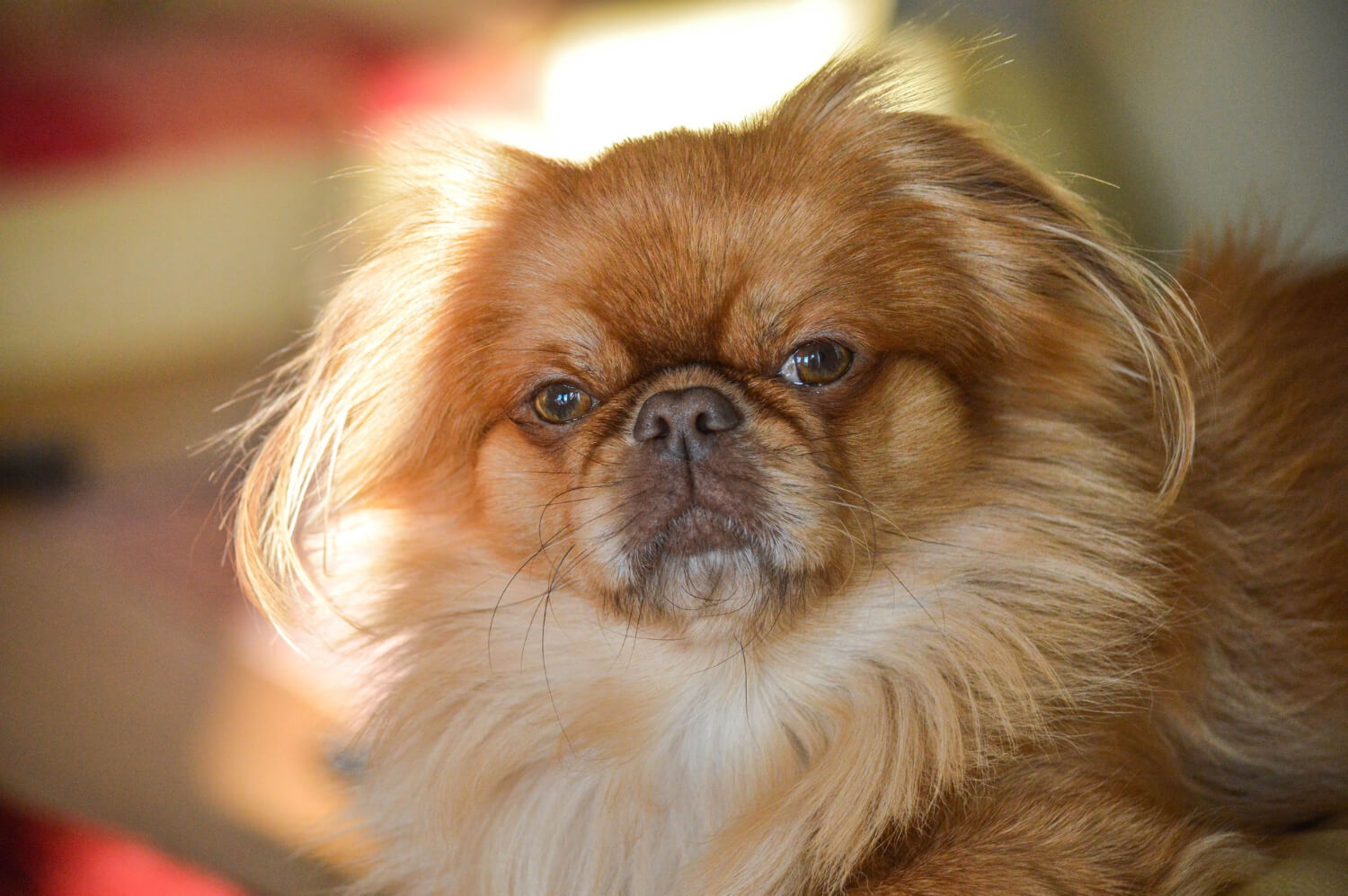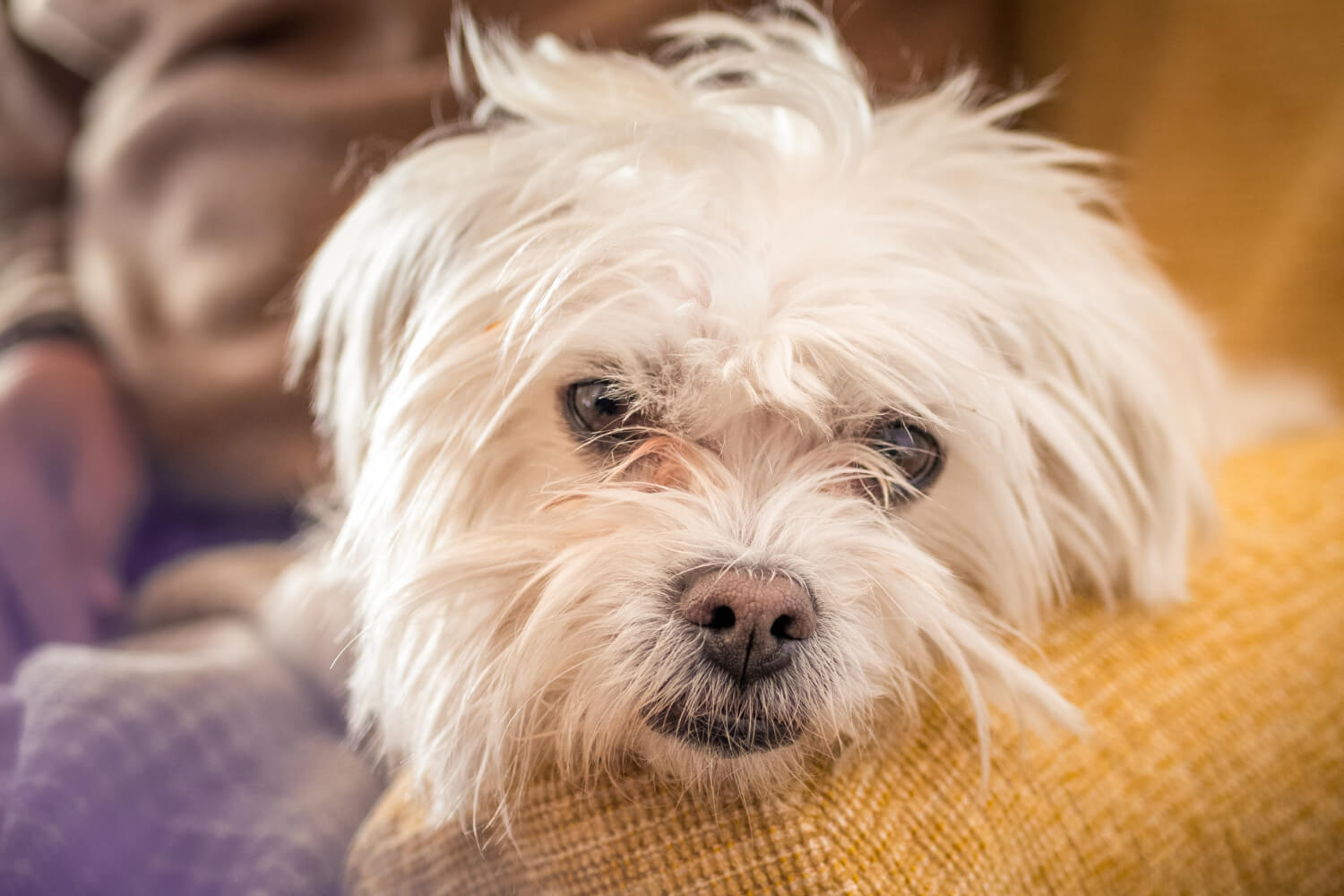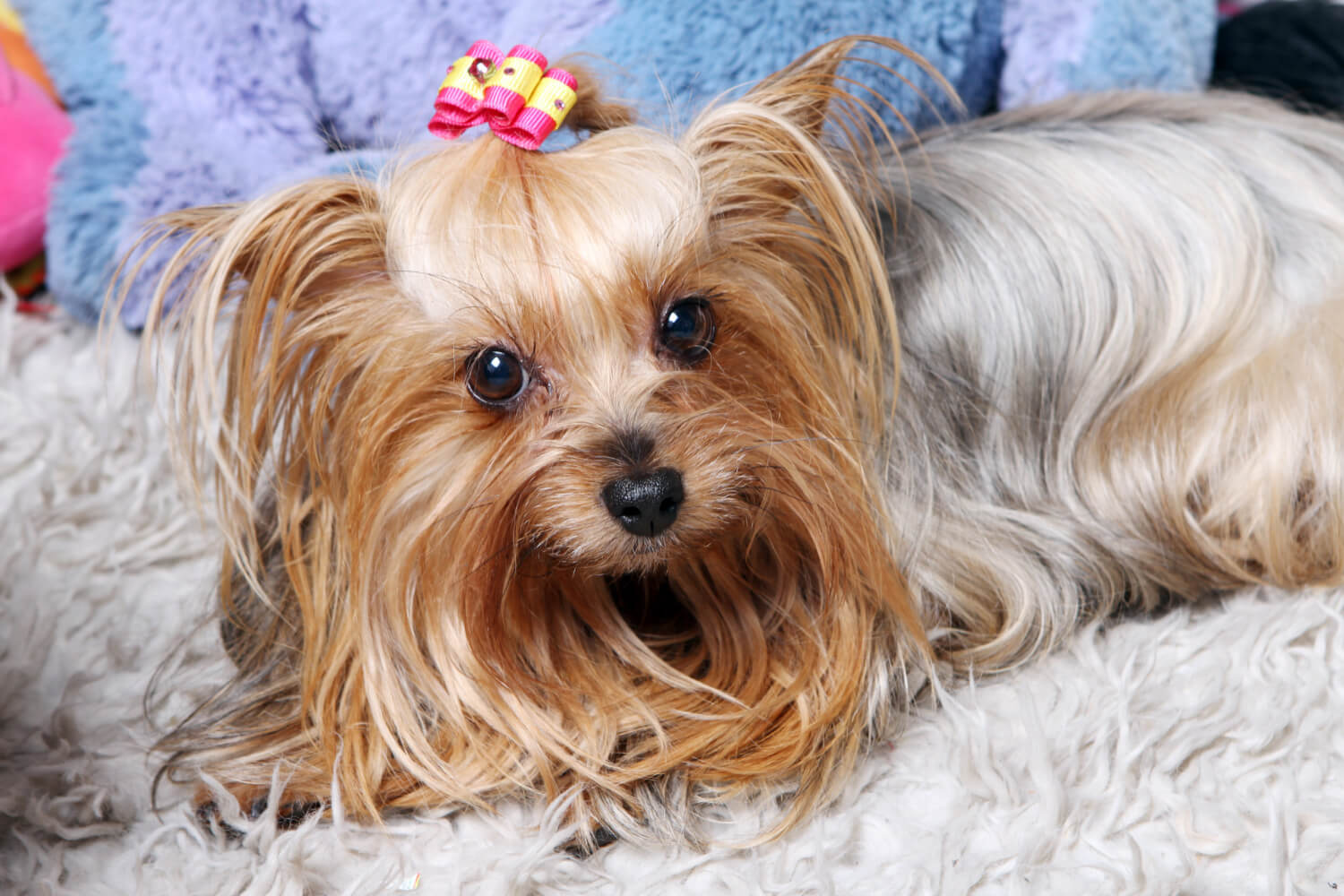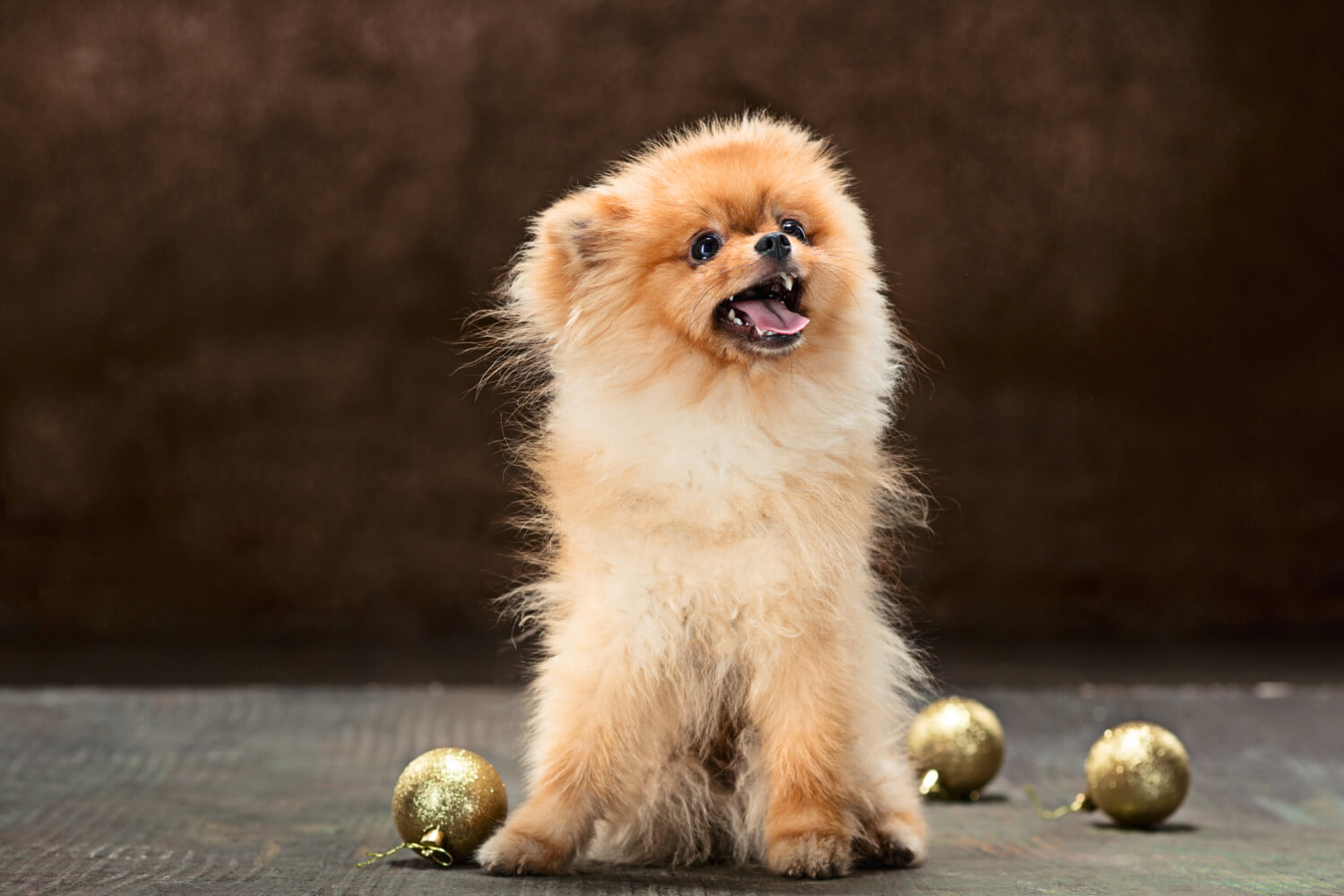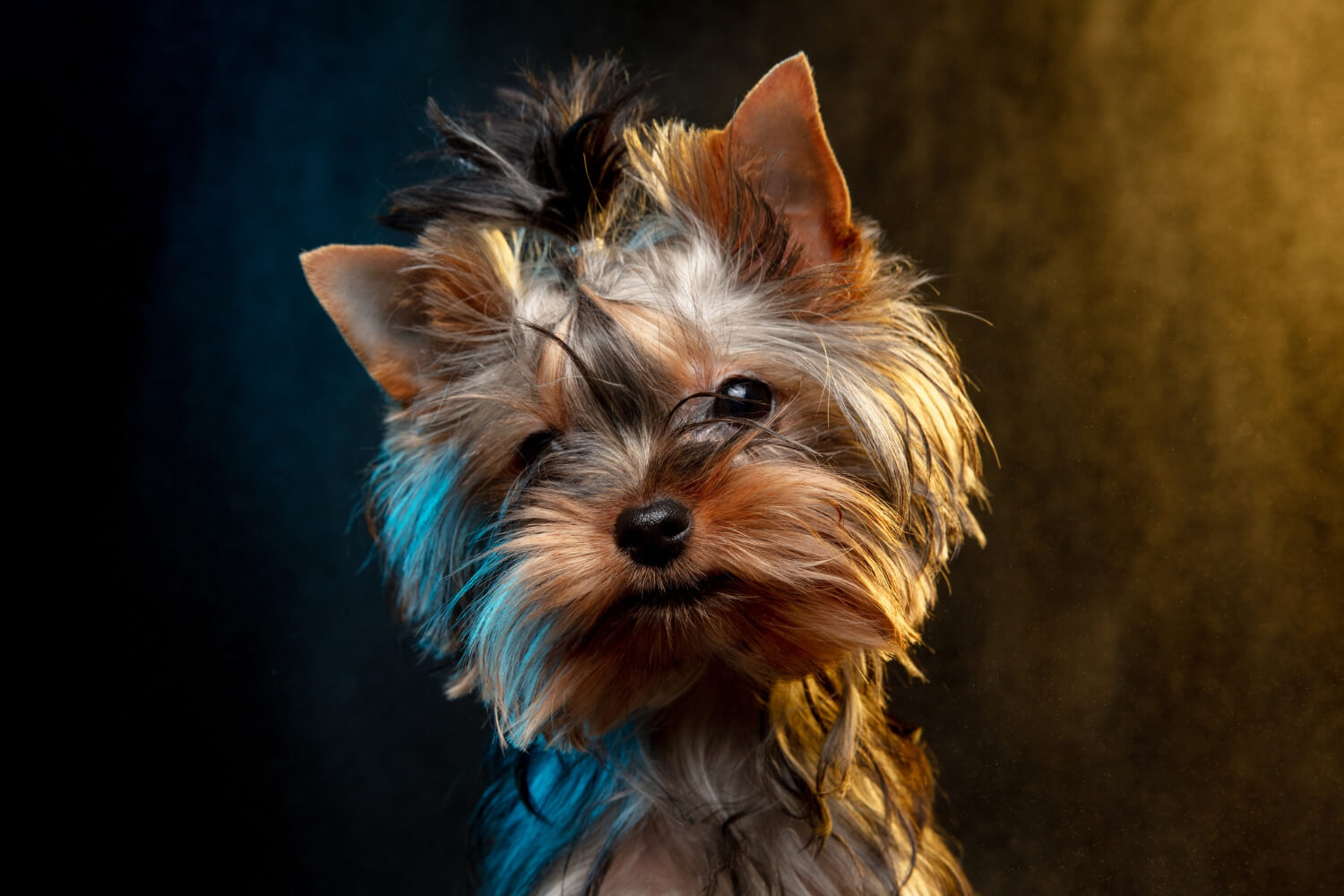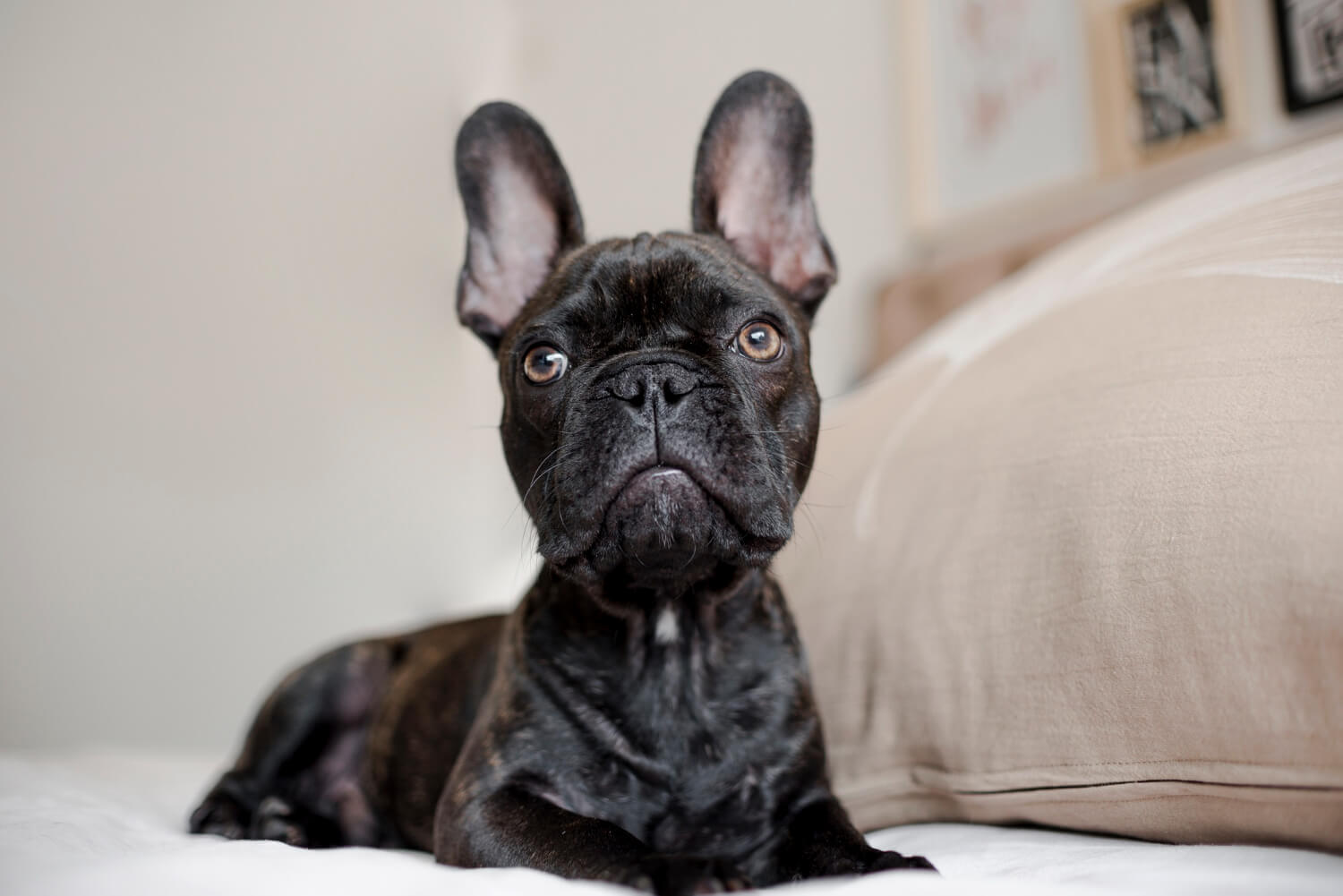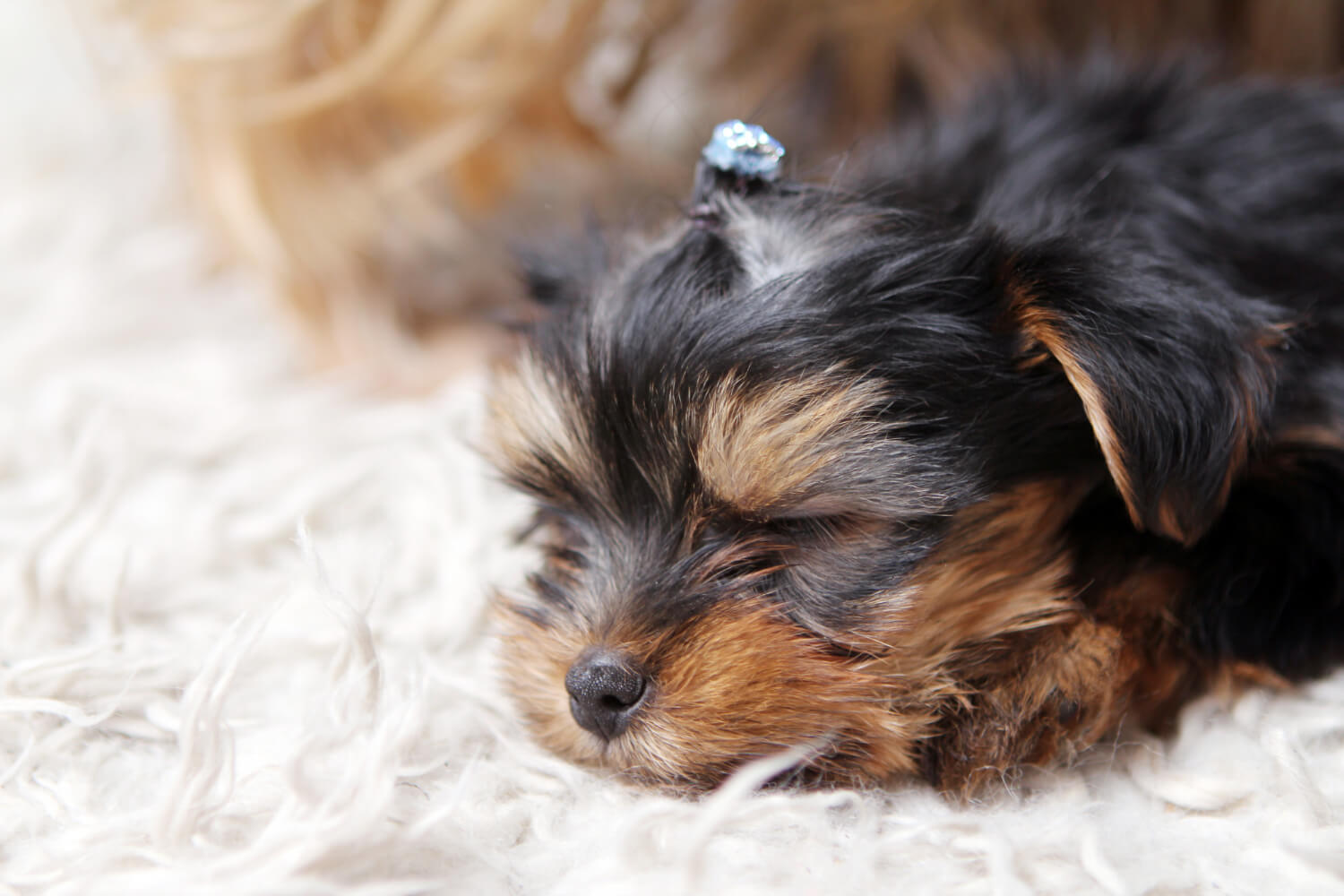Popular Toy Breeds
- Yorkshire Terrier: A silky coat and high-spirit boldness make Yorkies rise ahead of energetic dogs with the personality to match their appearance.
- Chihuahua: Though they may be tiny in size, chihuahuas pack a big personality and share strong bonds with their owners.
- Pomeranian: Pomeranians are small, fluffy dogs that make great playful companions.
- Shih Tzu: This breed was originally bred to be a companion and they are very good at it.
- Maltese dogs are beautiful white longhaired diminutive little dogs, with an affectionate nature.
- Cavalier King Charles Spaniel: They are known for their loving and family-friendly nature, they are well said to be a dog that loves you.
Characteristics of Toy Breeds
- Size and Weight: There are miniature breeds that will weigh 15 pounds or less.
- Disposition: They are loving animals, loyal and they thrive hanging out with their humans.
- Adaptable: Toy breeds are well-suited for apartment living, as long as they can go out frequently.
- Toy dogs: This group of smallest breeds is one of the most complete and varied among evolutionists for both its sizes toy hairy animals very light.
Why Toy Breeds Make Great Pets
- Great for Apartment Life: If you live in an apartment and do not have too much space, then a toy breed dog is right for you.
- Loyal Companions: They have an innate sense of loyalty and love to be with their owners.
- Handle Friendly: With their diminutive size, toy dogs are among the easiest to carry and take with you.
How to Care for Toy Breeds
Small dogs need proper maintenance to keep them healthy and happy.
- Grooming: Long coats need regular grooming sessions, for example, the Yorkshire Terrier and Maltese. Daily brushing will help prevent the matting and tangling of the hair.
- Feeding: small dogs such as the Yorkshire terrier require a balanced diet of food selected for their size. Obesity can occur from overfeeding portion control is then key.
- Exercise: do not need extensive exercise, but they should have at least a daily walk to keep them fit.
Training Toy Breeds
Toy breeds can be hard to train since they have the mentality of a toddler.
- Teach simple commands such as sit, stay, and come. Toy breeds are encouraged more by positive reinforcement.
- Housebreaking: Very small schoolchildren are excellent at asking their teachers to go the bathroom, but dogs with similarly tiny bladders have trouble signaling that they need the potty. Housebreaking is accomplished through crate training and regular bathroom breaks.
- Barking management: Toy breeds can be vocal. Teaching them to listen and to be quiet will help reign in excessive barking.
Health Considerations for Toy Breeds
Small toy breeds often face health problems, some are even exclusive to that specific breed.
Dental disease is one example, as mouths are smaller causing teeth to shift and become crowded more easily with tooth decay.
You should brush your teeth daily and visit the dentist regularly.
With proper nutritional balance, regular visits to the vet, and managing their common issues, toy breeds can have healthier lives for years.
Toy Breeds for Families
If you have kids Gentle Cavalier King Charles Spaniel Because they are so laid back, Shih Tzu dogs also make excellent family pets.
Introducing to Other Pets Early socialization is vital when introducing tiny toy breeds to other pets in the home. Introductions can assist them in settling.
Teach children to handle toy breeds with care. There is no doubt that they are more delicate than other breeds due to their size.
Conclusion
These dogs are great lap dogs that tend to be loyal, loving, and very accommodating for living in an apartment or Home.
